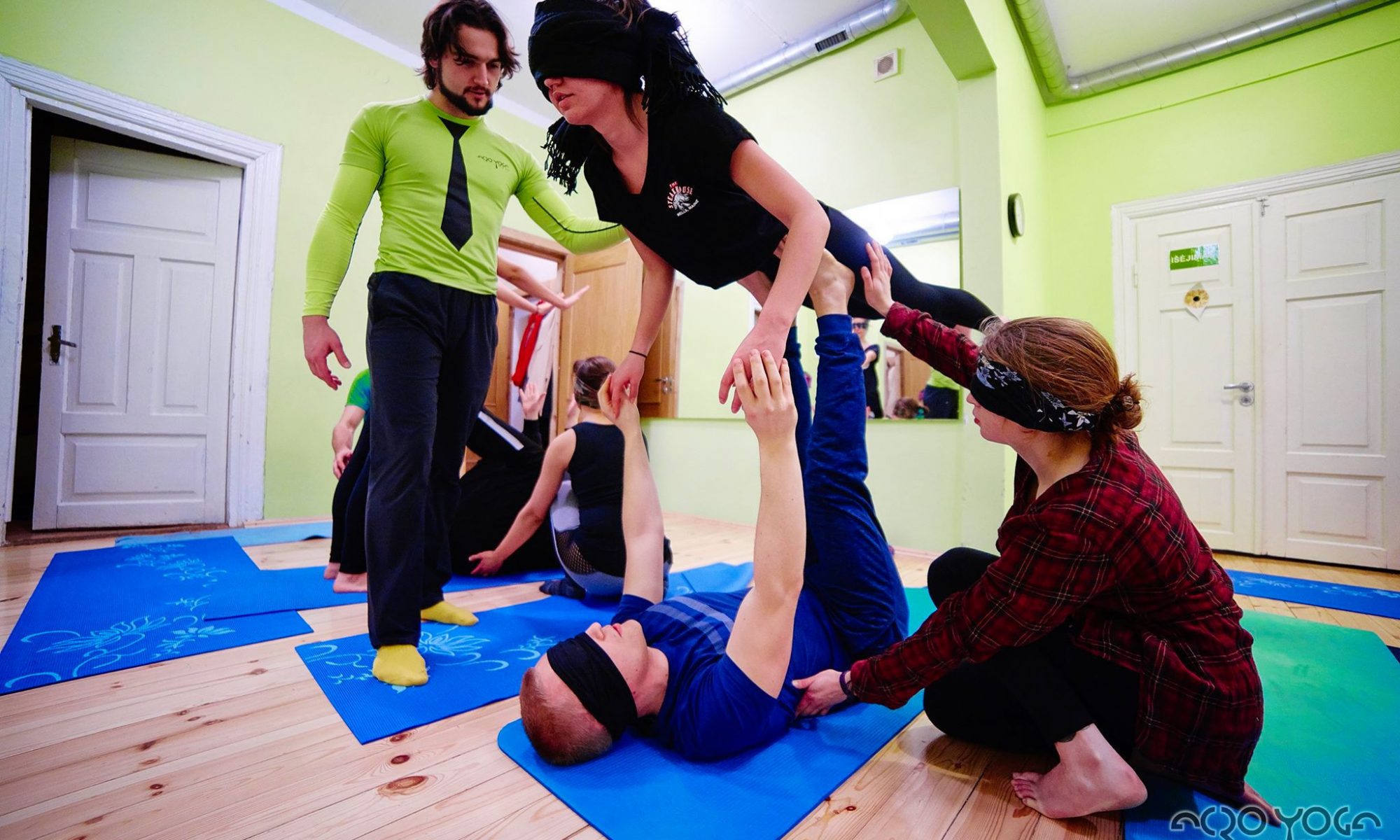Same time next year, when you are going to enjoy working among highly motivated team members, you will look back in awe at the results you achieved after your mastered influencing motivation.
At times, there are tasks you do because you want to do them. More often than not, you achieve tasks that are assigned to you; tasks someone else wants you to work on. Recognising the differences between those two types of tasks will help you understand your motivations and the ones from others.
Has it ever occurred to you that the way we manage motivation is counterproductive? Intuitively, motivation model used in education, society and work is transactional. If you behave as expected, you may receive a reward. When not, you receive some kind of punishment. The idea is to promote some behaviours with a fictitious “carrot” and discourage others using a “stick”. Would that mean that motivation to attain a goal comes from and is appraised by external sources?
This may not be new to you but, from a management perspective, a manager can’t really motivate people. Though s/he can influence what they are motivated to do.
Inner Motivation
But how often do you think about what makes you excited to come to work every day? How do you feel about your work? What aspects of your role do you enjoy? How can you increase your enthusiasm for your position? The concept of inner motivation, defined by your own values and goals, means that the motivation to accomplish your goal comes from within. Your colleagues notice your passion, the energy you put in achieving goals that matter to you. When you look at your personal growth you can become a motivator. By modelling what motivation looks like and does, you can change the way your colleague think about their work. You help them become more capable, and you give them a meaningful purpose in coming to work.
In his book “Drive: the surprising truth about what motivates us”, Daniel H. Pink writes that there are 3 factors to better performance and personal satisfaction:
– mastery: the desire to get better at something that matters;
– autonomy: the desire to direct oneself, the urge to direct our own lives;
– purpose: the yearning to do what we do in the service of something larger then ourselves.
Thus, what if motivation at work becomes about cultivating human capital? The challenge does not only lie in the work itself, but also with the manager who creates and manages the work environment. Building a motivated team turns into series of actions you can take to help your colleagues identify their welfare with that of the organisation. Consequently, their best interest is at working hard and achieving great results which aligns with expectations at work.
These principles and other ideas are worth nothing unless you translate them into action steps that can affect your colleagues’ daily behaviours. Leadership in Business World will address effective motivation and provide practical tools to mobilise colleagues and achieve extraordinary goals. Apply Now!







